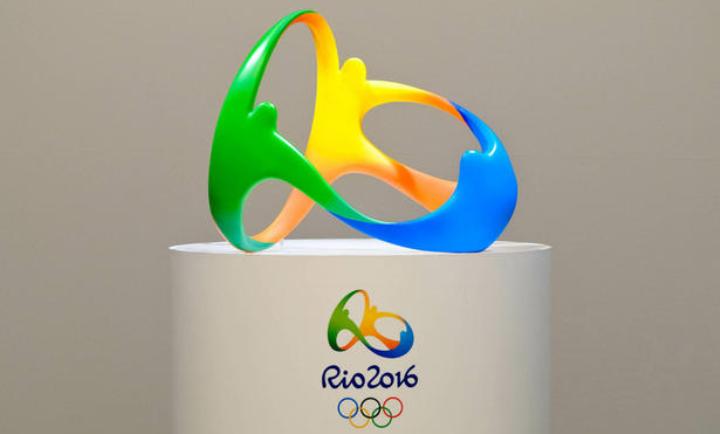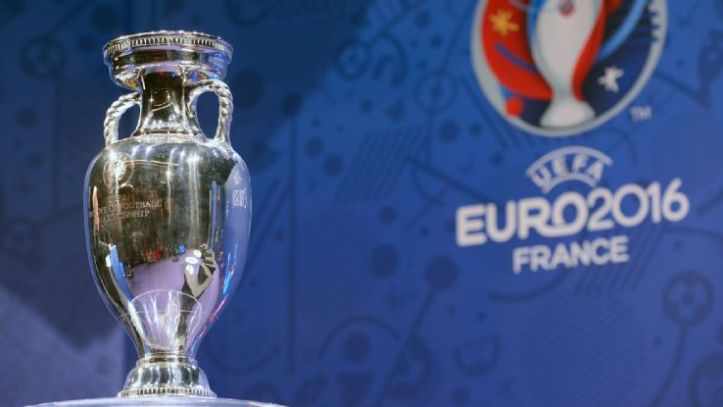
An Olympic Games in a country engulfed in political crisis and football’s European Championship in a nation that fears a terrorist outrage. It is almost a perfect storm in a major sporting year.
Experts see risks everywhere that could destroy the “feelgood factor” that two such major events would normally bring.
The 100 day countdown to the Rio de Janeiro Olympic Games starts on Wednesday. The country, gripped by an economic crisis that has forced deep austerity cutbacks, could lose its president in the coming weeks.
President Dilma Rousseff is fighting for her political life with impeachment proceedings likely over alleged accounting irregularities. She has called it a “coup” attempt.
France has seen two major militant attacks in the past 16 months and decided last week to extended a state of emergency to take in the European Championship football finals starting June 10 and the Tour de France cycling epic in July.
“These two events are at risk because terrorism is everywhere and the economic crisis is strong in both Brazil and France,” said Jean-Loup Chappellet, a specialist on the Olympic movement at the Swiss Graduate School of Public Administration (IDHEAP) at the University of Lausanne.
Chappellet said there was every chance that the risks will not materialise but warned that they “might kill the feelgood factor that is usually associated with mega events.
“Security will be very high but will get in the way of celebrations. And people will think about the costs in a time of austerity.”
So far demonstrations in Brazil have not targeted the Olympics in the way they did the football World Cup two years ago.
The action against Rousseff, who could be forced to stand down before the August 5 start of the Games, still casts a shadow over the event.
And uncertainty about the Zika virus have added an extra edge to preparations by Olympic delegations around the world. Health authorities say the virus, which has been linked to brain damage in babies, is easing in Brazil but likely to grow in other countries.
France is now calmer than in the aftermath of November 13, which left 130 dead. But soldiers patrol the streets of Paris and other major cities. Extreme security is planned in stadiums and fan-zones expected to attract two million foreign supporters for the 24-nation Euro 2016.
– ‘Never-imagined problems’ –
“The situation in the whole world is very complex and impossible to foresee,” said a former top executive with the International Olympic Committee who spoke to AFP on condition of anonymity.
“It is true that the Games in Rio have to face a number of problems that we never have imagined,” said the former official, who stressed how the Olympics has faced economic troubles and terrorism in the past.
Eleven Israeli athletes were killed after being taken hostage by Palestinian militants at the 1972 Munich Olympics.
Many experts say the attack risk is reaching a new peak as Europe’s summer sports season reaches its zenith.
“The fact is that we are now facing a situation whereby something may happen wherever there are many people together, because terrorists aim at creating the biggest possible damage,” said a former top executive for football’s world governing body FIFA.
“The only way to prevent a drama is to take drastic safety measures and to count on the help of everybody,” added the official, who also spoke on condition of anonymity.
No matter how well Euro 2016 and the Olympics go, the difficulties faced by Brazil could affect voting for the 2024 Olympic venue.
“We are in a particularly sensitive zone because of Rio,” said Jean-Christophe Rolland, president of the International Rowing Federation.
“The idea of maybe going to a stable country, it could have an effect,” Rolland told AFP when asked about the IOC vote next year on the host for the 2024 Olympics. Budapest, Los Angeles, Paris and Rome are in contention.
Rolland said that no-one in 2009 could have imagined that France would be the target of attacks now or that Brazil would be in such a crisis.
“Security is taking a bigger role. But that does not mean we should not have these events or that only certain countries should stage them,” declared the gold medal winner from the 2000 Olympics. – Agence France-Presse































